Jul 30
Fewer energy suppliers and higher retail prices in Brussels
Residential customers of Brussels appear to have fewer and fewer energy plans to choose from in recent years as energy suppliers are gradually ending their activities in the area. Following the withdrawal of Luminus back in 2018, now OCTA+ and MEGA h ave stopped offering new contracts, while still supplying their existing customers until the expiration of their contract. That only leaves three suppliers still available to welcome new customers: Lampiris, Energie2030 and Engie. When compared to the corresponding areas of Flanders and Wallonia, 21 and 14 available suppliers respectively, questions arise as to why most suppliers consider the Brussels market an unprofitable one and decide to flee it.
In the Brussels region, energy suppliers are exposed to significant financial risks in the event of a defaulting customer as it is much more difficult and costly to cut off electricity or gas than in Flanders or Wallonia. The lack of budget meters and the obligation of the suppliers to continue supplying even if bills remain unpaid, are two significant disadvantages that suppliers consider.
Back in 2018, BRUGEL had published a report expressing the concern that a lack of competitiveness in the Brussels residential market would lead to an increase in prices. Three years later, with only three remaining players, the retail energy prices are indeed following an upward trend.
The electricity end user price is 7% higher compared to previous month and 23% higher compared to previous July. The lion’s share of this increa se belongs to the energy component which has changed by 18% and 67% respectively. In the same manner, the natural gas end user price is 19% higher compared to previous month and 59% higher compared to July 2020. Biggest contributors to this result are the energy and distribution components which have gone up by 16% and 27% respectively. When compared to July 2020, the end user price has increased by 59% while the energy component alone has gone up by a staggering 122%.
After the downward trend recorded during the health crisis, it was expected that the energy prices would increase again. However, the current prices, both for electricity and natural gas, stand close to the highest levels of the last decade, ob served in Q4 2018. This increase is primarily attributed, as for the rest of most European countries, to the increased cost of raw materials (natural gas and coal) and the peak in CO2 emission allowances.
Author: Iliana Papamarkou, Data Analyst
Sources:
[1] Socialenergie: “Octa+ et Mega ne fournissent plus le marché bruxellois”, 19.07.2021
[2] energyprice.be: “Electricity and gas suppliers in Brussels: which ones operate in 2021?”, 23.04.2021
[3] brugel: “COMMISSION DE REGULATION DE L'ENERGIE EN REGION DE BRUXELLES-CAPITALE”, 28.06.2018
[4] Le Soir: “Les prix de l'électricité et du gaz au plus haut depuis 10 ans”, 09.07.2021
